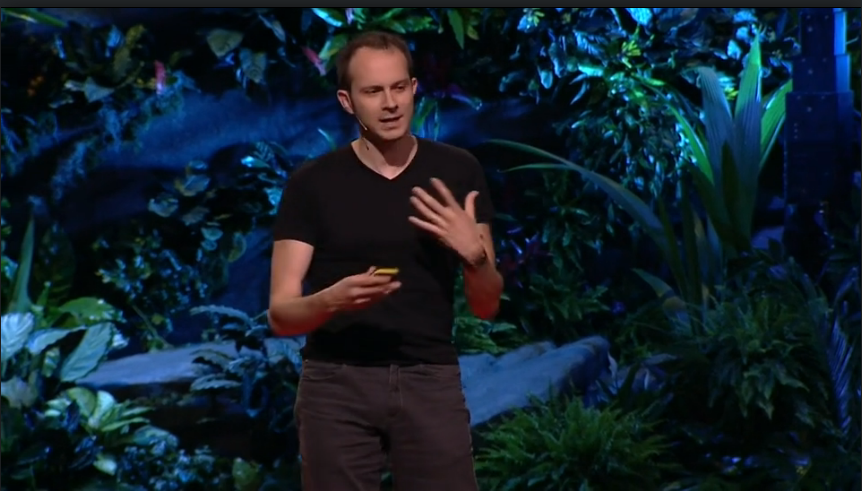And you sometimes need to be shocked out of that.
而有的時候我們需要把這種感覺抖掉。
Now I'm not going to pretend that this is easy. It isn't easy. It's incredibly painful.
現在我不想假裝這是件容易的事情。這并不容易。這會是個痛苦的過程。
And since I started talking about this subject and researching this subject,
自從我開始談論這個話題,研究這個話題,
I've been really haunted by something a Japanese mathematician said on the subject.
我的腦海里一直縈繞著,一個日本數學家在這個話題上說過的話。
So shortly after the war, this young man, Yutaka Taniyama,
戰爭一結束,這個年輕人,谷山豐,

developed this amazing conjecture called the Taniyama-Shimura Conjecture.
提出了驚人的推測,稱作“谷山-志村猜想”。
It turned out to be absolutely instrumental many decades later in proving Fermat's Last Theorem.
結果為幾十年后證明費馬大定理,奠定了基礎。
In fact, it turns out it's equivalent to proving Fermat's Last Theorem.
事實上,它和費馬大定理是等效的。
You prove one, you prove the other. But it was always a conjecture.
你證明了一個,就證明了另一個。但是它只是一個猜想。
Taniyama tried and tried and tried and he could never prove that it was true.
谷山豐試了一遍又一遍,但是他無法證明它就是正確的。
And shortly before his 30th birthday in 1958, Yutaka Taniyama killed himself.
1958年的他,剛剛過了30歲生日,谷山豐結束了自己的生命。
His friend, Goro Shimura -- who worked on the mathematics with him -- many decades later, reflected on Taniyama's life.
他的朋友,和他一起研究數學的志村五郎——幾十年后回顧谷山豐的生平時,
He said, "He was not a very careful person as a mathematician. He made a lot of mistakes.
他說:“他不是一個很仔細的人,作為一個數學家,他犯了很多錯誤。”
But he made mistakes in a good direction. I tried to emulate him,
但是他能朝好的方向犯錯。我想效仿他,
but I realized it is very difficult to make good mistakes." Thank you.
但是我發現能朝好的方向犯錯,很難。”謝謝。











